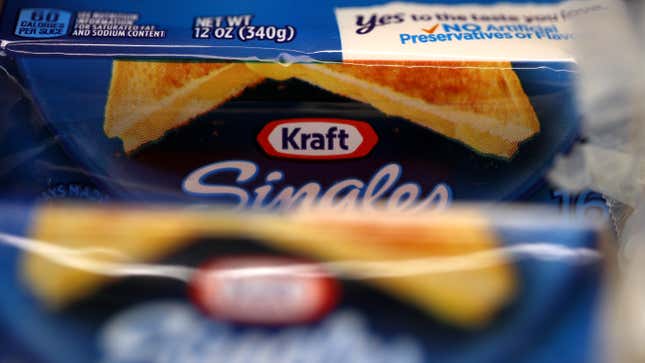Processed Food Is Not a Moral Referendum
Latest

The New York Times continued its coverage of the rapidly-changing social mores of its audience during a global pandemic by providing a safe space for health-conscious consumers to admit that their secret quarantine shame is indulging in processed comfort foods.
As the Times reports, previously healthy eaters who prioritized kale and quinoa over the more obvious and superior pleasures of, say, Flamin’ Hot Cheetos, have been turning to comfort foods like Spaghetti-Os, frozen pizzas, ice cream bars (?), and the various culinary offerings of Chef Boyardee. From a logical standpoint, this transition makes sense: food that is shelf-stable and tastes consistently delicious is a reasonable purchase for these precarious times. But like much of the Times’s coverage of recent events, this piece is a beautiful example of how much everyone right now is incapable of showing their own ass, by positioning the choice to eat junk food right now as a moral quandary.
-

-

-

-

-

-

-

-

-

-

-

-

-

-

-

-

-

-

-

-

-

-

-

-

-

-

-

-

-

-

-

-

-

-

-

-

-

-

-

-








































